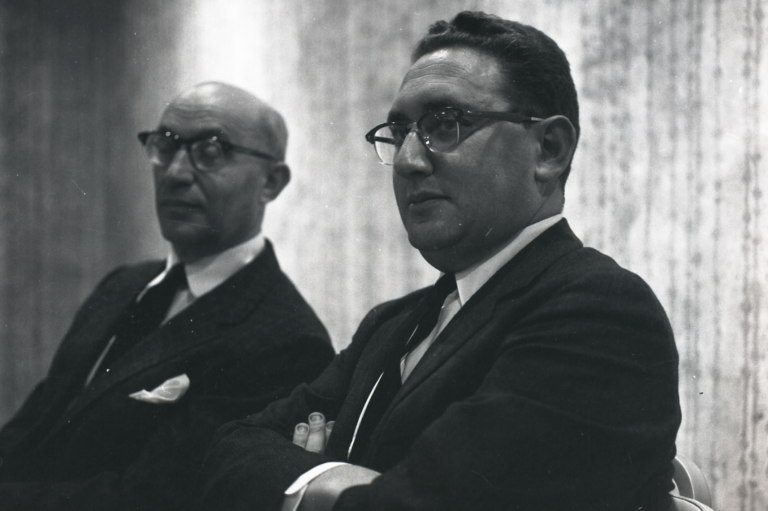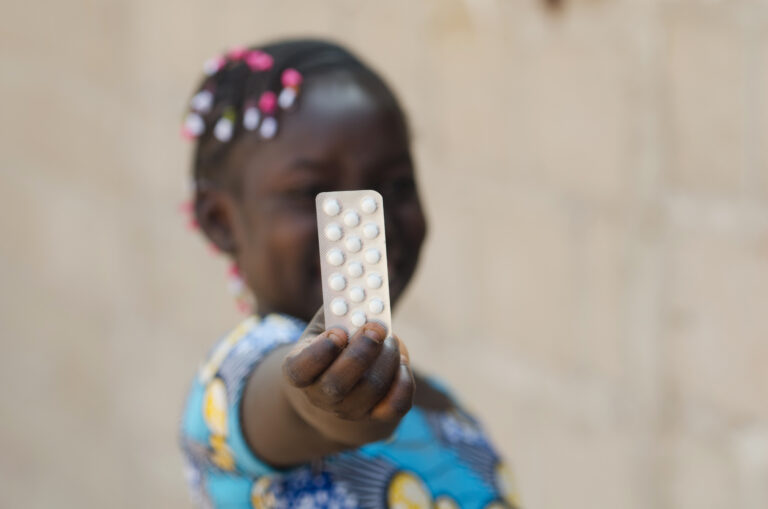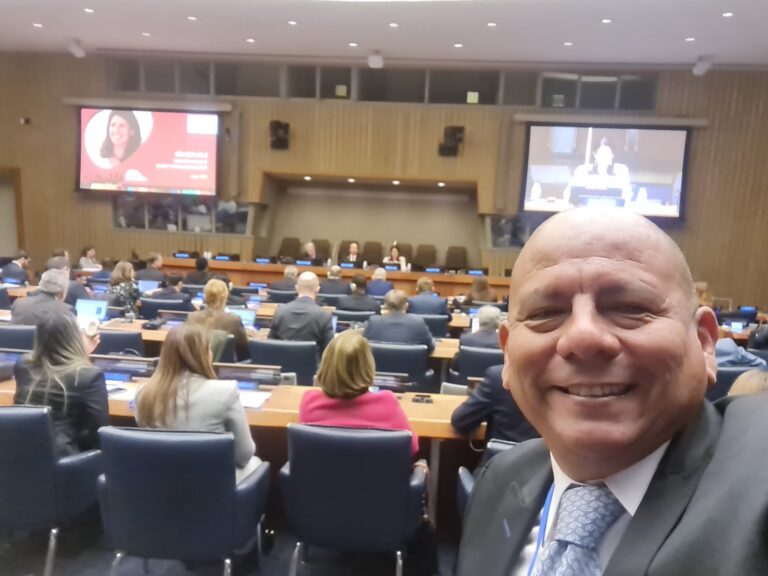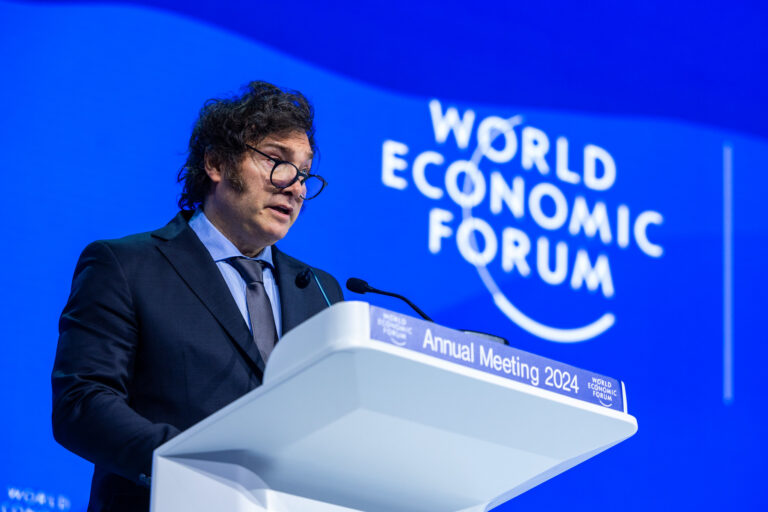China’s Abuses Ignored for Profit
by Catherine Edwards Insight Magazine
December 20, 1999
The U.S. government and U.S. corporations continue to push for closer economic ties with Communist China despite the country’s horrendous human-rights record.
In Beijing in mid-November, China reached a trade agreement with the Clinton administration. U.S. Trade Representative Charlene Barshefsky and Chinese Trade Minister Shi Guangsheng applauded China’s promise to lower tariffs on U.S. imports and the United States’ pledge to help smooth the way for China’s entry into the World Trade Organization, or WTO.
President Clinton immediately hailed all of this as good for the United States, China and the world. House Majority Leader Dick Armey of Texas applauded the deal as beneficial to American communities, and House Rules Committee Chairman David Dreier of California insisted that closer economic ties with the West would promote a more open society in China.
That’s not what Chinese pastor Li De Xian thinks. The day after Barshefsky and Guangsheng shook hands in Beijing, three women from his church near Guang Zhou in China were arrested for reading the Bible and thrown into jail. Li himself had been imprisoned a week earlier for illegal preaching. This was after the local authorities had bulldozed his church.
According to Voice of the Martyrs sources inside China, Li was released in late November, but is rearrested regularly.
Although Congress cannot block China’s entry into the WTO, it can throw a spanner in the works by refusing to grant "most favored nation" trade status to China. Far from opening China to Western influence, say skeptical legislators, concerned human-rights leaders and other observers, trade appeasement of China only will worsen human-rights abuses there.
"The message the White House has sent to China with this agreement is that China should not respect human rights," says Wei Jingsheng, a Chinese pro-democracy activist who was imprisoned and sentenced to a total of 18 years at hard labor for writing about the benefits of democracy. (He now lives in exile in the United States where he works to bring attention to the cruelties under the Communists in China.) Wei addressed participants at the Chinese Human Rights conference in Washington in November sponsored by the Population Research Institute.
Christians and pro-democracy activists are not the only people being imprisoned in China these days. The latest round of arrests to make headlines involves practitioners of Falun Gong, an ethical and exercise society that has millions of devotees worldwide. Stunned that such innocent activities would alarm the Chinese government, practitioner and New York resident Erping Zhang explained Falun Gong to the human-rights conference: "We promote good health, truth, compassion and tolerance," he said. Before adjourning for the year, both the House and the Senate passed resolutions condemning the Chinese government’s crackdown on Falun Gong.
Bob Xiqiu Fu was a university student in China in 1989 and went to Tiananmen Square that year where, on June 4, the communist government rolled in tanks and troops to crush the student-led demonstrations for democracy. "I think the government’s repressive policy will only make the common people distrust them more," he tells Insight.
Fu and his wife escaped from China in 1996 after the government had imprisoned them both for "illegal evangelization." Through tears Fu speaks of his fellow Christians and laborers for democracy in China who have been beaten to death or sentenced to be worked to death for refusing to recant their belief in God.
Official Communist Party documents smuggled out of China confirm Fu’s reports about oppression, the maltreatment of Christians generally and Li in particular. The Municipal Party report from Guangzhou where Li lives formally argues for "the need to effectively crack down on religious activities of Pastor Li" and goes on to say that "the Guangzhou Public Security Bureau is prepared to deal with Li De Xian and send him to labor education in order to crack down on the widespread illegal religious acts."
New Jersey Republican Rep. Chris Smith, a Roman Catholic, says he is appalled by the conditions under which Christians suffer in China. "This administration bears a terrible burden for coddling this dictatorship," he says. "My hope is that Congress will register strong opposition to the acceptance of China into the WTO unless there are serious human-rights reforms." Smith visited China five years ago where he received Holy Communion from Bishop Peter Su from Baoding province, who later was imprisoned for administering that sacrament to the congressman. Smith says he won’t forget Su.
Wei says he believes that, if the decision about China’s entry into the WTO were left up to Congress and the American people, they overwhelmingly would vote to block it. "A government like a communist government is a dictatorship and can only support other dictatorships," he told the conference.
This is exactly what China appears to be doing in the Sudan, one of the world’s worst human-rights abusers. The U.S. State Department since 1993 has listed Sudan as a totalitarian, terrorism-sponsoring state. Clinton imposed sanctions on that country for this in 1997. The Khartoum-based government in northern Sudan has been waging war against the Christian and animist South since 1983, resulting in more than 2 million deaths – more than the death toll in Kosovo, Bosnia, Somalia and Rwanda combined. As reported by Insight (see "The Other Genocidal War," May 10) the northern government not only has engaged in genocide but has made slaves of southern Sudanese women and children.
Virginia Republican Rep. Frank Wolf has been to Sudan three times since 1989 and estimates that the war costs the Khartoum government $1 million per day, a high price for the cash-strapped regime. Sudan has had trouble paying even a penny of its $1.8 billion debt to the International Monetary Fund. So the Sudanese government began searching for a way to continue its genocidal war.
Enter China. The Chinese National Petroleum Co., or CNPC, is a 40 percent shareholder in the Greater Nile Oil Project, or GNOP, which is the longest oil pipeline in Africa. In August GNOP began to develop oil projects in southern Sudan. According to the Chinese Xinhua news agency, China actively is exploring international oil markets because domestic oil production in China doesn’t meet growing demand. Oil was discovered by Chevron in Sudan in 1964, but the company pulled out in 1984 due to the war.
The new Chinese-funded pipeline will give the Khartoum regime an estimated $200 million to $300 million in revenue per year. Hassan al-Turabi, speaker of the Sudanese National Assembly and secretary-general of the ruling National Congress, acknowledged in April that his government will use the revenue from oil exports to produce tanks and missiles for the war against Christians and others in the south.
Talisman Energy Inc., a Canadian company that operates the oil pipeline, is listed publicly in New York and Toronto. Twenty-five percent of its stockholders are Americans.
This Chinese support for other human-rights abusers has alarmed observers in Washington who long have been critical of Sudan’s organized brutalities. "Despite the rhetoric from the business community and President Clinton, China is a leading force against human rights in the world – and their crimes are not limited to their own citizens," says Bill Saunders, human-rights counsel for the Family Research Council.
What has made Communist China’s investment in Sudan more controversial, however, is the request by the CNPC to list its shares on the New York Stock Exchange, or NYSE, in January 2000. Goldman Sachs has agreed to underwrite the deal. "This could be the largest initial public offering, or IPO, in the NYSE’s history for the CNPC," says Steve McFarland, executive director of the congressionally appointed U.S. Commission on International Religious Freedom. "The largest single pipeline in Sudan is a cash cow for the Sudanese war machine and the bottom line is that if this IPO goes forward American investors will be financing the worst human-rights catastrophe in this generation."
Wolf fired off a three-page letter to Richard Grasso, chairman of the NYSE, urging him to delay CNPC’s listing. The religious-freedom commission met with Clinton in late October to urge him to investigate whether U.S. investors would violate sanctions against the Sudan by purchasing CNPC stock. The U.S. Treasury Department is conducting a review.
Two Washington-based human-rights and pro-democracy organizations, Freedom House and the Institute on Religion and Democracy, circulated a petition among top religious leaders just before Thanksgiving. They plan to send it to Clinton urging him to bar Red China’s CNPC from access to U.S. capital markets. Drawing parallels to countries that have violated human rights in the past, the petition correctly notes that "no such arrangement would have been permitted to evade America’s successful assault on South African apartheid, and it must not be permitted to do so in the service of Sudanese genocide."
If China is allowed access to U.S. capital markets, Wei fears that Beijing’s profiteering from pariah nations engaging in terrorism and human-rights abuses will be only the start of terrible things to come.
© 1999 News World Communications, Inc.










